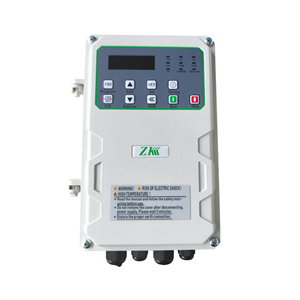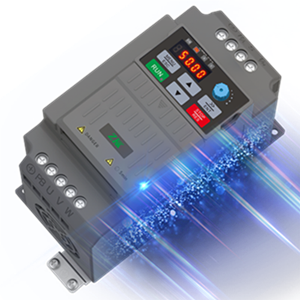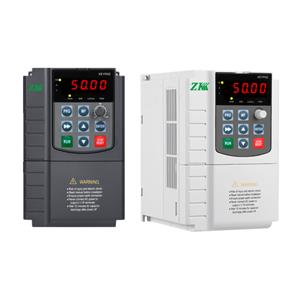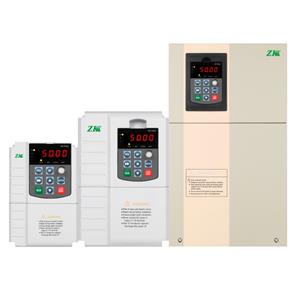Inverter
Solar-inverter Water Pumping Systems Using PV Inverters
Abstract:
This paper presents a systematic
investigation of photovoltaic (PV) inverter technologies applied in
solar-powered water pumping systems. With increasing global focus on
sustainable agriculture and water management, PV-based inverter pumping solutions
have emerged as technically viable and environmentally benign
alternatives to conventional pumping methods. The study examines modern
inverter topologies, control methodologies, and system integration
approaches that enhance the efficiency and reliability of solar water
pumping systems. Particular emphasis is placed on maximum power point
tracking (MPPT) algorithms, variable frequency drive (VFD)
implementations, and hybrid system configurations. Performance
comparisons between different inverter architectures are presented,
along with case studies demonstrating practical applications in
agricultural and domestic water supply scenarios.
Introduction
Solar-inverter water pumping systems, driven by photovoltaic (PV) inverters, provide an efficient and sustainable solution for irrigation, livestock watering, and domestic water supply. By converting solar energy into electricity to power AC pumps, these systems reduce reliance on fossil fuels and grid power, making them ideal for remote and off-grid applications.
Key Components
Solar Panels – Generate DC electricity from sunlight.
PV Inverter (Frequency Converter) – Converts DC to AC and adjusts the pump motor’s speed via variable frequency control, optimizing energy use.
AC Water Pump – Typically a centrifugal or submersible pump that operates efficiently under variable speeds.
Controller (Optional) – Some systems include an MPPT (Maximum Power Point Tracking) controller to maximize solar power utilization.
How It Works
Solar panels produce DC power, which is fed into the PV inverter.
The inverter converts DC to AC and adjusts the frequency to control the pump motor’s speed.
By matching the pump’s speed to solar irradiance levels, the system ensures efficient water flow without energy waste.
Advantages
✔ Energy Efficiency – Variable frequency drive (VFD) technology minimizes power loss.
✔ Cost Savings – No fuel costs and low maintenance compared to diesel pumps.
✔ Adaptability – Works with different pump types (submersible, surface, etc.).
✔ Eco-Friendly – Zero emissions, reducing carbon footprint.
✔ Reliable in Off-Grid Areas – Ideal for farms, villages, and arid regions.
Applications
Agriculture – Irrigation for crops, greenhouses, and orchards.
Livestock – Automated water supply for grazing fields.
Domestic Use – Drinking water supply in rural areas.
Water Management – Pond aeration, drainage, and flood control.




